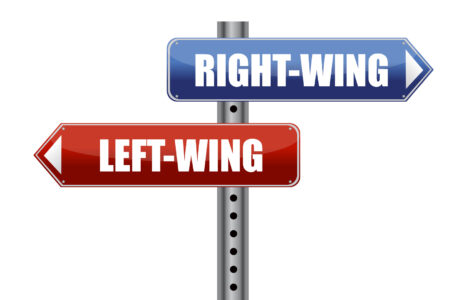
What should we call the leader of a party who we expect will be appointed Premier or Prime Minister but who doesn’t hold the office yet?
Two terms have been widely used since Tuesday’s election in Alberta.
The first one is “Premier-Elect.” Rachel Notley’s Twitter account describes her as such and I’ve seen it used in a few media reports.
Unfortunately, Premier-Elect doesn’t make sense, constitutionally speaking, because first ministers aren’t elected.
Voters elect representatives who sit in legislatures, not first ministers or governments. Nor do legislatures elect first ministers. Premiers and Prime Ministers are appointed by the Crown. Of course, those appointments are made based on the first minister’s ability to hold the confidence of legislature, but it’s an appointed office nonetheless.
Premier-Elect inaccurately describes how the first minister will come into office.
The next term that’s used is “Premier-Designate.” I’m not a fan of this title, since there’s no actual office of Premier-Designate and I think is needlessly confuses things. That said, the term has been used internally within Canadian executives for administrative purposes for nearly a century, and vice-regal secretariats across the country have decided that it should now be used publicly.
However, Premier-Designate is meant to describe a particular circumstance. A party leader is Premier-Designate only after the Crown has invited them to form a government.
It’s equally important to note that, after this invitation has been issued, the incumbent Premier is still Premier. The Premier-Designate is merely preparing to be appointed Premier and to advise the Crown on who should be appointed to ministerial offices.
The Premier-Designate only becomes Premier after the incumbent Premier resigns and the Crown formally appoints the Premier-Designate as the Premier.
So, what should we call the person we expect to be appointed first minister but who hasn’t been invited to form a government yet? Unfortunately, there’s no good short hand term that accurately reflects our constitutional realities. As boring as it is, it’s best to simply refer to them as the leader of party X who is expected to be appointed Premier or Prime Minister.
I know that’s not catchy enough. Yet it’s constitutionally-correct.







